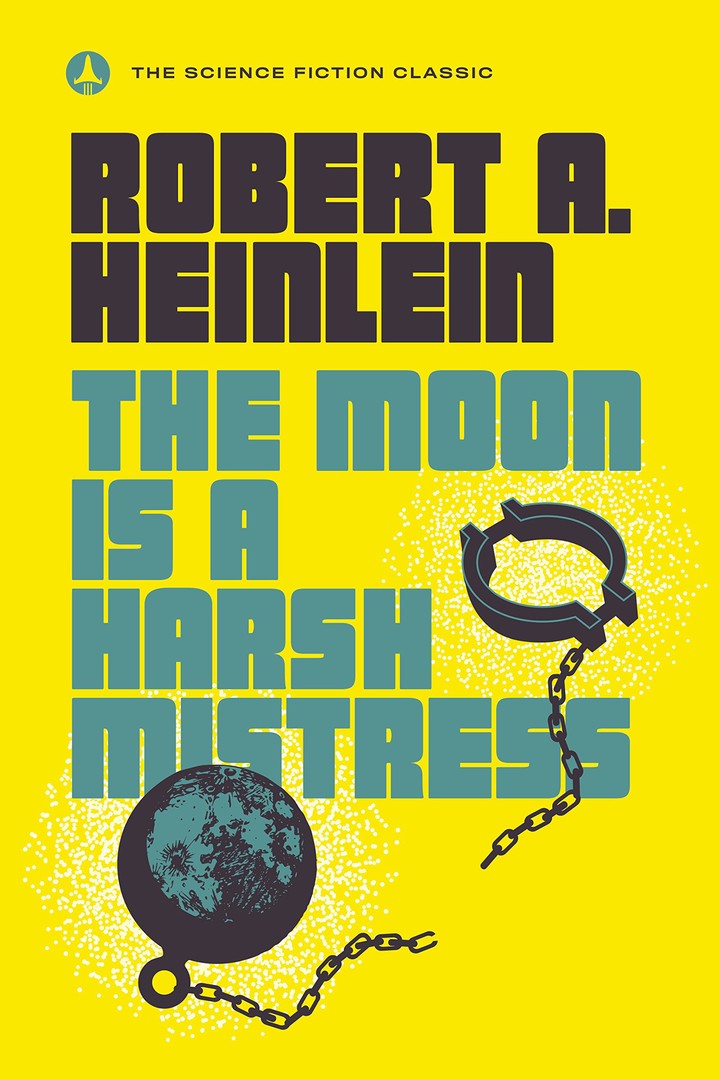'The Moon is a Harsh Mistress' hearkens back to the 60s--this is a bad thing

The premise: The people of the Moon feel unjustly exploited and wish to achieve independence from the Earth. Two men, a woman, and a computer with conscience adroitly plan a revolution.This sounds interesting, but it’s a book from the golden era of science fiction, and particularly a Heinlein book, so there are things to be wary of. For one, sexism, racism, and all that good 1960s shit. Here are the first three interactions the main female character Wyoming Knott (Why Not, get it, get it?) has with male characters:
I stopped three paces away to look her up and down and whistle.
A boy almost old enough to appreciate Wyoming stopped in front of us and gave her a happy whistle.
The professor looked Wyoh up and down, sucked air kimono style, and whistled.
Here is how a twelve year old girl is described:
She was possibly twelve, at stage when a fem shoots up just before blossoming out into rounded softness.
Here is a description of the death of the narrator’s child wife:
An explosive bullet hit between her lovely, little-girl breasts.
Now let’s say you power through this stuff. You’re into older books, and overt bigotry doesn’t phase you much.You will now have to contend with Heinlein’s inability to keep his hand out of his pants. Heinlein loves being right. His novels have a dichotomy between the Heinlein-good* and the Heinlein-bad. Examples of Heinlein-good* things are: fascism in Starship Troopers, sexual liberation in Stranger in a Strange Land, and libertarianism in The Moon is a Harsh Mistress. Anything that does not fall within the fairly tight confines of Heinlein-good* is Heinlein-bad. Let me illustrate this with an example: Do you want democracy on the Moon? Good. Do you want democracy and taxation? No, bad.With that in mind, here is the central tenet of The Moon is a Harsh Mistress:
In terms of morals there is no such thing as a ‘state’. Just men. Individuals. Each responsible for his own acts. I am free, no matter what rules surround me. If I find them tolerable, I tolerate them; if I find them too obnoxious, I break them. I am free, because I know that I alone am morally responsible for everything that I do.
This sounds reasonable, but there’s an asterisk over Heinlein-good. Of course, not everyone can engage in what Heinlein deems good. Otherwise the world would devolve into chaos. So you yourself have to be Heinlein-approved. No idea the requirements for that. It’s probably fine if you’re a sexy blonde.There’s the rub. You truly need to have the moral development of a man-child to enjoy this book. No wonder it’s a libertarian bible.